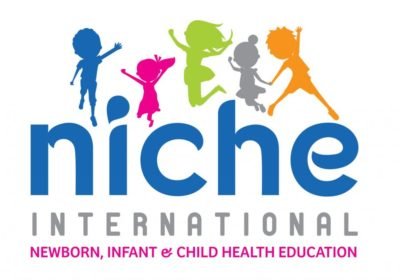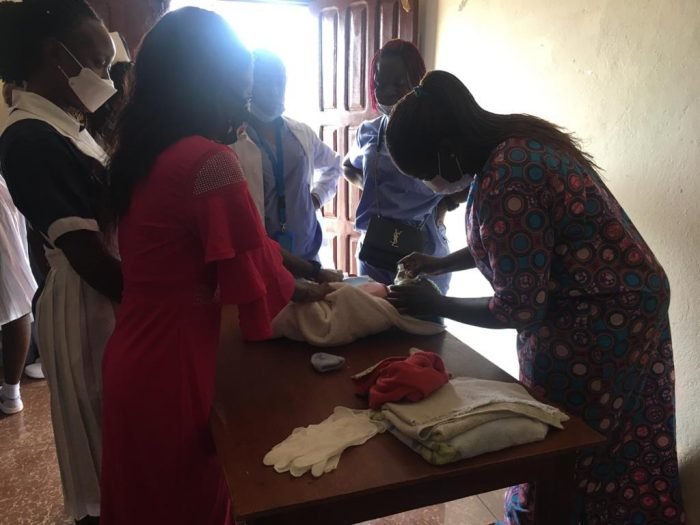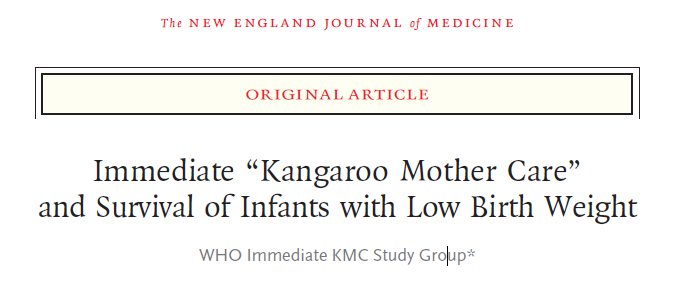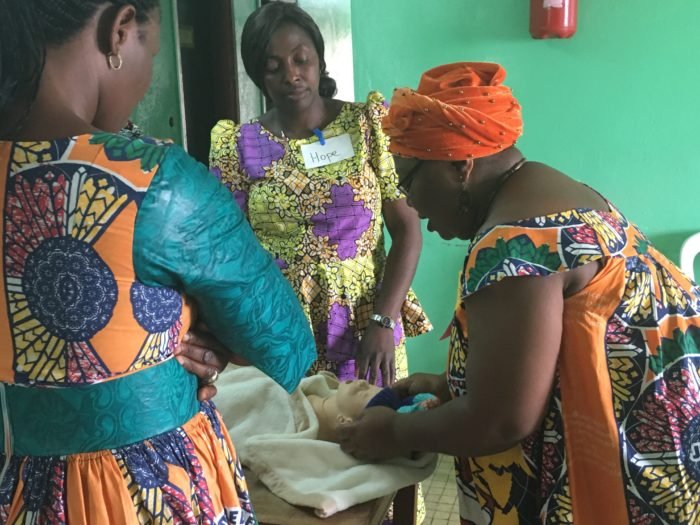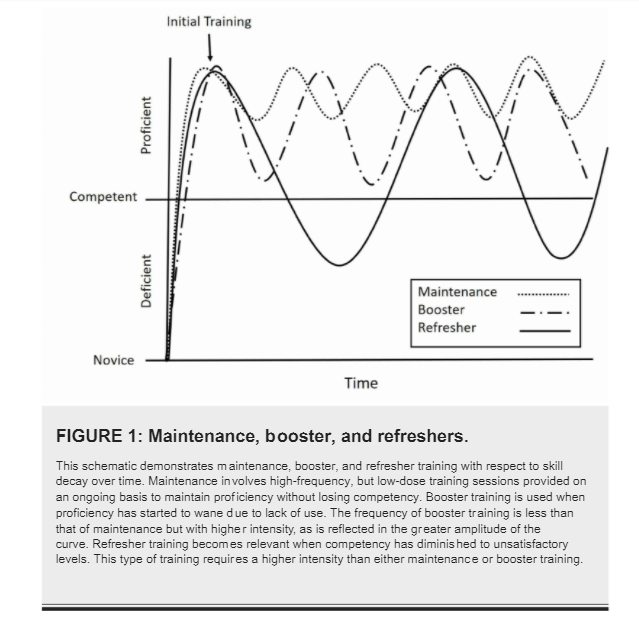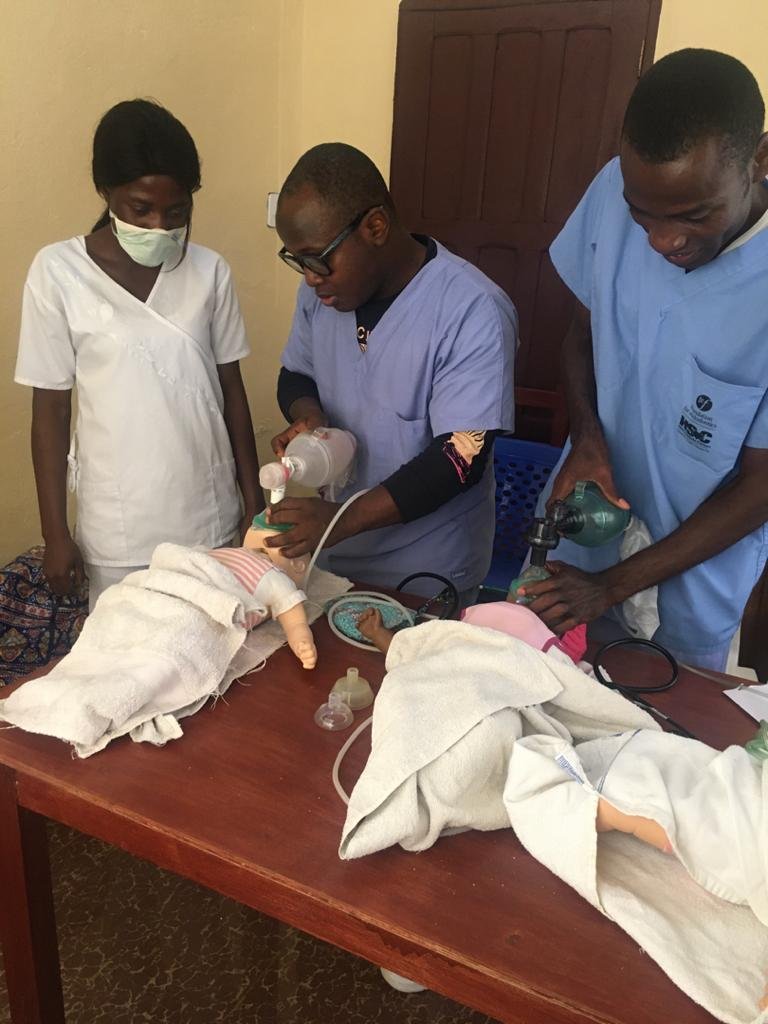

This was the 12 seater plane that brought us to Kihihi yesterday, the nearest airstrip to Bwindi Community Hospital. We were the only ones on it with our 2 pilots, and we are very grateful that we were allowed to bring the extra teaching equipment with us. The photos are reminiscent of Liberia in 2019.
Storm Eunice over the UK threatened our departure plans and Grace had fun and games with her visa from Cameroon but we all arrived safely and in good spirits.
It is just great to be out doing this again after 2 years grounded in our individual home countries. Flying over the the world’s largest and driest sand desert—the ‘Rub’al-Khali’— in Saudi Arabia, Yemen and Oman I felt like my world had opened up again. We are so very privileged to be able to volunteer like this, to be accepted into other people’s lives, to teach and to learn.
